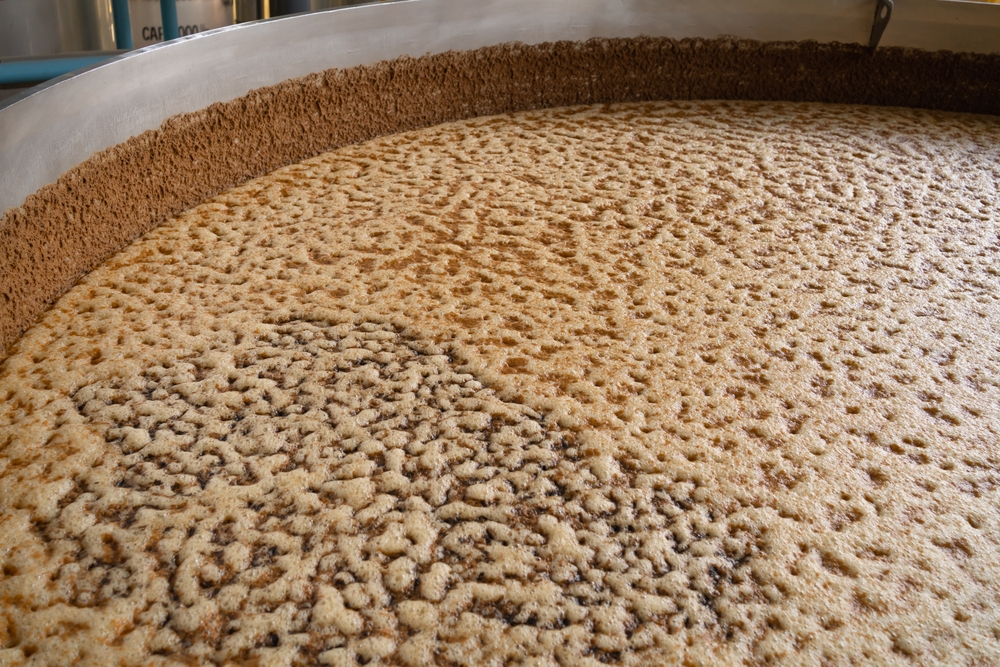Content:
The production of Bacanora is a fascinating process that combines tradition, culture, and artisanal craftsmanship. This distilled spirit, originating from the state of Sonora (Mexico), has gained notoriety for its distinctive flavor and deep roots in local communities.
In this note, we explore the traditional methods used in the making of Bacanora, highlighting its history, processes, and the importance of keeping these ancestral techniques alive.
History of Bacanora
Bacanora is a distilled spirit obtained from the Agave Pacifica (Agave Angustifolia Haw), a plant native to the state of Sonora. Its history dates back more than 300 years when indigenous peoples used rudimentary techniques to ferment and distill this plant. With the arrival of Jesuit missionaries in the 17th century, the distillation process was refined, adopting European techniques and improving the final product’s quality.
The Agave Pacifica Plant
Agave Pacifica is the heart of Bacanora. This plant takes between 6 and 10 years to mature, and its harvest requires specific knowledge and skills passed down through generations. The arid climate and soil conditions of Sonora create an ideal environment for the growth of this plant, significantly influencing Bacanora’s flavor profile.
How is Bacanora Produced?
- Cultivation and Harvesting of Agave
The production of Bacanora begins with the cultivation of Agave Pacifica. Local producers, known as “bacanoreros,” carefully select and tend to each plant for years. Once the plants reach maturity, they are harvested manually, a task that requires skill to avoid damaging the heart of the plant, known as the “piña.”
- Cooking the piñas
The agave piñas are cooked in underground ovens, a traditional technique that has remained unchanged for centuries. The ovens, dug into the ground and lined with stones, are filled with wood and agave piñas, which are then covered with earth and agave leaves. This slow cooking process, lasting between 48 and 72 hours, is essential to developing the complex and smoky flavors characteristic of Bacanora.
- Natural fermentation
After cooking, the piñas are crushed to extract the juice, which is collected in large wooden or stone containers. Fermentation occurs naturally, using the yeasts present in the environment. This process can last from 5 to 12 days, depending on climatic conditions. Natural fermentation is a crucial aspect that distinguishes Bacanora from other distilled spirits, as it contributes to its unique and authentic flavor.
- Distillation in traditional stills
The distillation of Bacanora is carried out in copper stills, a method that has been perfected over the years. This double distillation process helps concentrate the flavors and eliminate impurities, ensuring a high-quality final product. The stills used are often made by the producers themselves, thus maintaining the artisanal tradition at every stage of production.

Importance of artisanal production
Bacanora production is not only a technical process but also an invaluable cultural heritage. The artisanal techniques used have not changed significantly over time, ensuring that each bottle of Bacanora tells a story of tradition and dedication. Keeping these ancestral methods alive is crucial to preserving the cultural identity of Sonora and ensuring that future generations can enjoy this unique spirit.
Challenges and opportunities in Bacanora production
- Preservation of Traditional Techniques
One of the main challenges is preserving traditional techniques in an increasingly industrialized world. The growing demand for Bacanora has led some producers to modernize their methods, which can compromise the product’s authenticity. However, significant efforts are being made by local communities and organizations like CIVyl to protect and promote artisanal production.
- Regulation and Denomination of Origin
In 2000, Bacanora received the Denomination of Origin, a certification that ensures that only Bacanora produced in Sonora using traditional methods can be marketed under this name. This regulation is crucial to protecting the quality and authenticity of the product while offering opportunities for the economic development of producing communities.
- International Promotion and Recognition
Promoting Bacanora internationally presents an opportunity to showcase this unique spirit and its rich history. As more people discover Bacanora, recognition and appreciation for the artisanal methods used in its production grow. This not only benefits local producers but also helps preserve these ancestral techniques for future generations.
The production of Bacanora is a testament to the ingenuity and dedication of the communities of Sonora. Every stage of the process, from the cultivation of agave to distillation, reflects a rich artisanal tradition passed down through generations. By enjoying a glass of Bacanora, we are not only savoring an exquisite spirit, but also honoring an invaluable cultural heritage.


